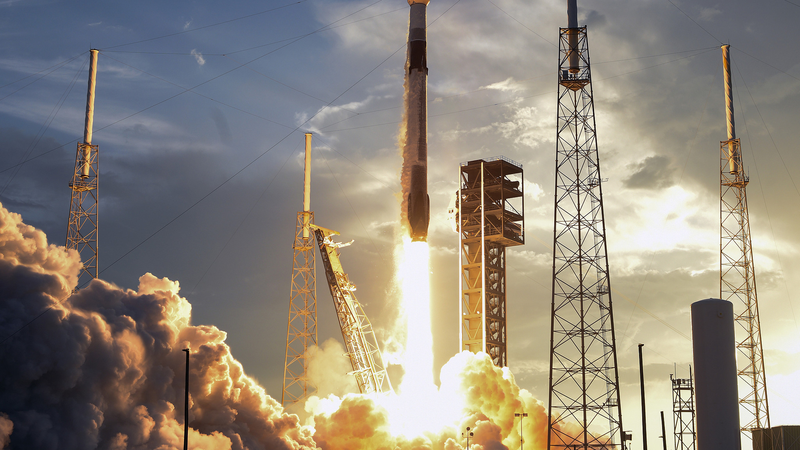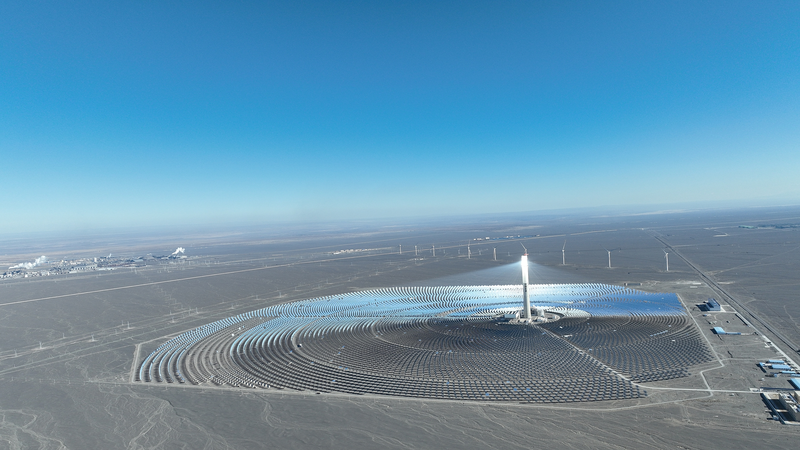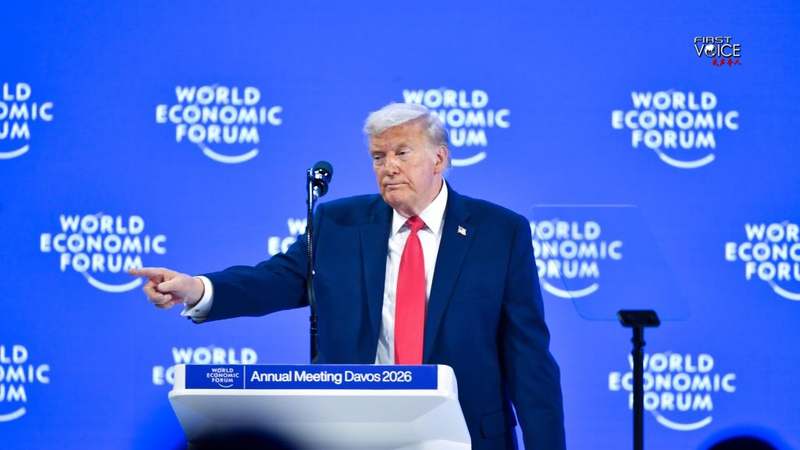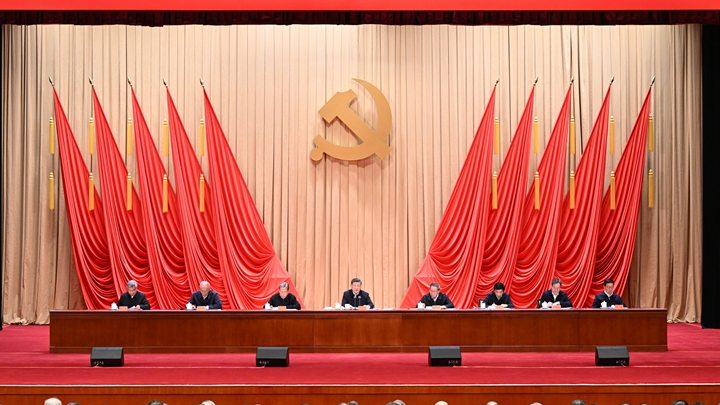In a twist that fits our digital era, a recent U.S. State Department memo advising allies to avoid using Chinese satellite services might do more harm than good. The memo warns that services provided by firms like Chang Guang Satellite Technology could pose security risks, claiming that data may be leveraged for political purposes.
But here’s the irony: U.S.-based satellite services haven’t been immune to political decisions. When Elon Musk’s Starlink network declined to extend its connection to Crimea in 2022, it served as a reminder that no provider is completely free from political influence. 🤔
This move is a textbook case of securitization – transforming a routine tech or scientific service into a matter of national security. In today’s multipolar world, such selective narratives may backfire by undermining the credibility of U.S. policies, especially as global markets and international cooperation increasingly value balanced, autonomous innovation.
As we navigate this digital frontier, it’s clear that turning technology into a political tool isn’t a win. Instead, a mindset that champions open dialogue and global trust might be the key to unlocking true progress. 🚀✨
Stay tuned as this space saga unfolds, blending politics, technology, and a touch of irony to challenge old power dynamics in our interconnected world.
Reference(s):
Why U.S. accusations against Chinese satellites may backfire
cgtn.com




